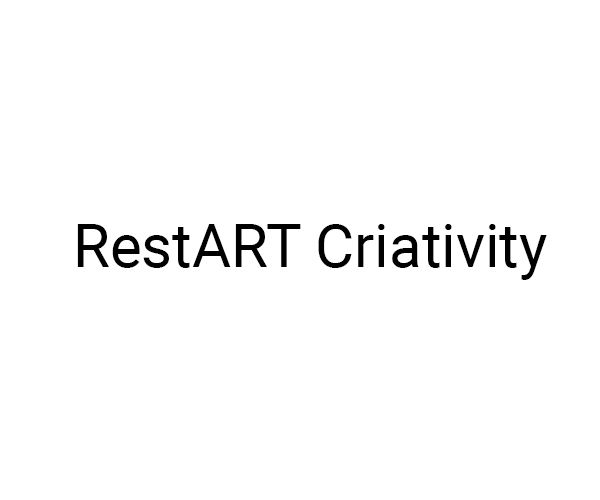RestArt Criativity

RestArt
01-02-2022 - 01-04-2024
324.828€
Erasmus +
Ongoing Projects
CESIE
HELSINKI BUSINESS COLLEGE OY
COFAC COOPERATIVA DE FORMACAO E ANIMACAO CULTURAL CRL
EUROTRAINING EDUCATIONAL ORGANIZATION
DIE BERATER UNTERNEHMENSBERATUNGS GESELLSCHAFT MBH
INTERNATIONAL CONSULTING AND MOBILITY AGENCY SOCIEDAD DE RESPONSABILIDAD LIMITADA
The Cultural and Creative Sector (CCS) have been strongly affected by the COVID-19 pandemic, especially those sub-sectors most dependent on the presence of public, due to suspended live cultural events, which put more than 7 million jobs at risk in the EU (Morellato et al., 2020). The pandemic accelerated the digitalisation process, transforming the cultural experience (OECD, 2020), but many smaller CCS actors are not properly skilled to benefit from the new opportunities (IDEA Consult et al., 2021). The CCS is essential for socio-economic recovery, as it can encourage people’s wellbeing and resilience and promote a shared sense of European identity (Wahba et al., 2020; EC, 2020). To enable the CCS to continue to fulfill its primary function and support its recovery and resilience, CCS actors need to be urgently equipped with digital skills and capacity to harness digital opportunities. The European VET systems play a central role in preparing people and businesses to undertake the digital transition, and thus need to be modernised in order to close the existing skill gap. Yet, in many EU countries, VET programmes are still unprepared to reflect the current challenges (CEDEFOP, 2020). The pandemic hindered the delivery of VET programmes, revealing scarce ability to use digital tools, motivate learners, ensure the continuity of learning and equal opportunities for all, which increased the risk of drop-out (ILO, 2020). This is alarming as education and training are the true enablers of innovation, contributing to the workforce upskilling, and increasing employability. Unprecedented technological progress brings new business opportunities, creates new jobs, reforms the way we work and, importantly, determinates what, when and how people need to learn (Morellato et al., 2020). Digitalisation is not the only factor of change: demographic, environmental, political and economic challenges require greater emphasis on VET, enabling it to reconcile sustained productivity and adequate distribution of the benefits of growth (CEDEFOP, 2020). To ensure the central role of European VET systems to prepare people and business to the digital transition and overcome the existing skill gap, VET providers need to be agile, resilient and ready to react to skill demand changes. To face these challenges, RestART will address the following target groups: - CCS actors needing to improve their digital and transversal vocational skills: Members of the creative, cultural and artistic organisations, small creative businesses, grassroot cultural organisations, individual creators, artists and freelancers especially from the sub-sector of the performing arts and heritage, including people from disadvantaged groups. - CCS- oriented VET providers: Public and private VET providers offering training related to cultural and creative disciplines, that are not confident and sufficiently skilled in using digital technologies in training and wish to acquire the necessary competences to adapt to the new trends.
RestART’s main objective is to support the digital transition and resilience of CCS actors by enhancing the ability of VET providers in creative disciplines to adapt their training offer to current and future needs of labour market, economy and society. Thus, the project will pursue the following specific objectives:
- to create a transferable ECVET-based framework
- to support VET providers in designing innovative and flexible training offers for the CCS, leading to the achievement of transferable learning outcomes;
- to strengthen key digital and transversal skills of CCS VET learners, helping them to create, manage, promote their products, and successfully participate in the changing markets and societies;
- to equip CCS-oriented VET providers with tools and guidance on how to use digital technologies in training, competence assessment and validation, empowering them to support CCS actors’ resilience;
- to facilitate the ability of CCS-oriented VET providers to respond to the challenges of the 21st century, becoming more open, inclusive, environmentally conscious and able to provide training offers meeting the real needs of the labour market;
- to upscale the RestART approaches, encouraging policymakers and other stakeholders to support the transformation of European CCS-oriented VET towards digitalisation, inclusivity, and sustainability.
